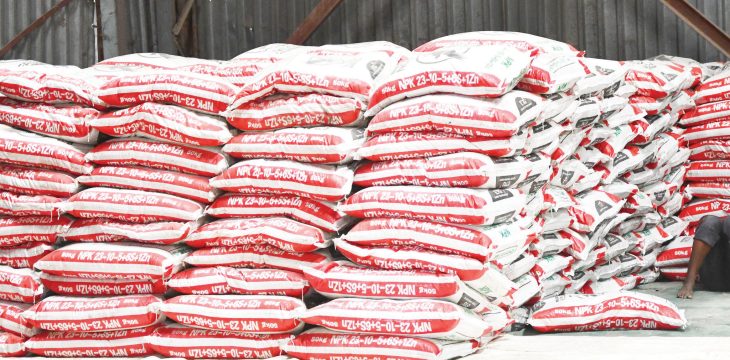
Fertiliser Shortage Threatens Malawi’s Agricultural Sector: A $100 Million Opportunity for Investors and Entrepreneurs
Key Business Points
- Fertiliser shortage: Malawi is facing a significant fertiliser shortage, with current supplies standing at 196,883 metric tons, less than 50% of the country’s annual requirement.
- Supply chain impact: The shortage comprises warehouse stocks, consignments in transit, and shipments on the high seas, affecting the entire supply chain and potentially impacting agricultural production.
- Investment opportunities: The fertiliser shortage presents an opportunity for local entrepreneurs and investors to explore fertiliser production and distribution businesses, helping to bridge the gap and meet the country’s demand.
The fertiliser shortage in Malawi is a pressing concern for the country’s agricultural sector, which is a significant contributor to the nation’s economy. According to the Fertiliser Association of Malawi (FAM), the current supplies of fertiliser are insufficient to meet the country’s annual requirement of about 400,000 metric tons. This shortage has the potential to impact crop yields and food security, making it essential for stakeholders to address the issue promptly.
The FAM, which represents companies involved in the production, trade, and distribution of fertiliser, has highlighted the need for strategic partnerships and investments to boost fertiliser production and distribution in the country. This could involve public-private partnerships or foreign investments that can help increase the availability of fertiliser and reduce reliance on imports.
For small-scale farmers and local entrepreneurs, the fertiliser shortage presents an opportunity to explore alternative fertiliser sources, such as organic fertilisers or composting. This can help reduce reliance on synthetic fertilisers and promote sustainable agriculture practices. In Chichewa, this concept is referred to as "kulima kwa mtengano," which translates to "farming with care" or "sustainable farming."
To address the fertiliser shortage, the government and private sector stakeholders must work together to develop a comprehensive strategy that includes increasing fertiliser production, improving distribution networks, and promoting sustainable agriculture practices. This can involve training programs for farmers, credit facilities for fertiliser producers, and incentives for companies investing in the fertiliser sector.
By addressing the fertiliser shortage and promoting sustainable agriculture practices, Malawi can increase crop yields, improve food security, and boost economic growth. This, in turn, can create new business opportunities and job opportunities in the agricultural sector, contributing to the country’s overall development and prosperity. As the saying goes in Chichewa, "kumanga ndi kufuna," which means "farming is wealth," highlighting the importance of agriculture in Malawi’s economy.
What are your thoughts on this business development? Share your insights and remember to follow us on Facebook and Twitter for the latest Malawi business news and opportunities. Visit us daily for comprehensive coverage of Malawi’s business landscape.
- Malawi’s Tourism Boom: A K1 Trillion Opportunity for Business Growth! - March 4, 2026
- Bad Loans Fall: Positive Shift Signals Economic Recovery - March 3, 2026
- Bank Levy Deductions Spark Public Outcry and Economic Debate in Malawi - March 3, 2026
